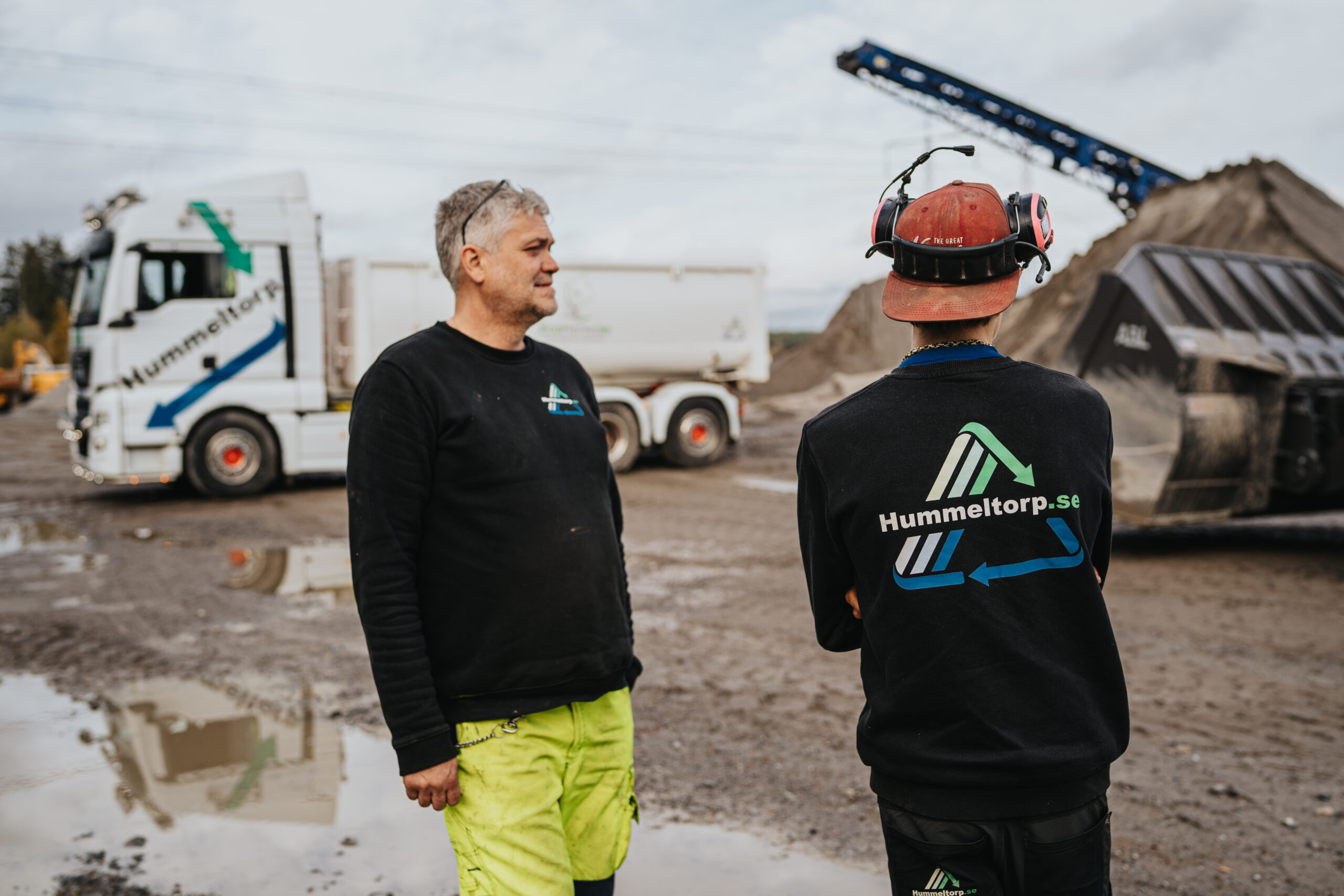Sweden’s total climate impact, from construction processes alone, amounts to ten million tonnes of carbon dioxide per year. It is as much as all passenger cars in Sweden emit in a year, and it is more than what all trucks and buses together emit in a year. Extracted virgin non-renewable ballast materials, just in Sweden, each year corresponds to more than the weight of the Globe 2200 times over. At least half of this amount could instead be replaced with recycled aggregate from excavation waste.
In order to increase the recycling of excavated materials the availability of data on waste management should be improved. There is a great need for traceability as part of a more resource-efficient circular economy. Digital product passports are in the near future a requirement for all products on the European market and the waste sector will have to take a position on how the requirements for traceability will affect the industry.
Digitization is a prerequisite for effective traceability, and the companies in the construction industry have everything to gain by being involved and developing smart solutions. Hummeltorp now intends to participate in a project together with the Swedish Environmental Protection Agency, the state research institute RISE and the strategic innovation program PiiA (Process Industrial IT & Automation) to improve the handling of waste and to create traceability along the entire value chain – from the raw materials industry to the waste sector and back again. The goal of the project is, among other things, to develop methods and tools that can contribute to traceability solutions, clarify the waste flows and to establish a broad cooperation between actors such as national authorities, supervisory authorities and the industry.
The effects of climate change are clearer than ever and recently the IVL Swedish Environmental Institute released a report showing that increased recycling of excavated materials from construction processes has major environmental benefits. Sweden is considered one of the world’s greenest economies, yet only approximately five percent of excavated waste is recycled in Sweden. It is time to change that – therefore Hummeltorp intends to assist the Swedish Environmental Protection Agency in the project and we want to encourage other actors in system development, data analysis, the building materials industry, the rock materials industry, the recycling industry and the construction industry to do the same.


